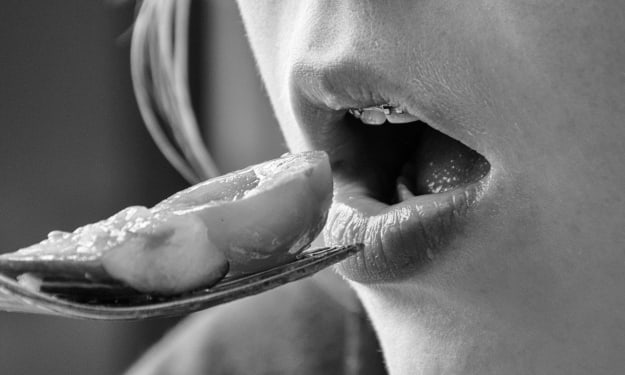5 Ways Depression Affects Motivation
…And Why They’re Hard to Overcome

Over the past few years, cases of major depression among teens and young adults have climbed at a staggering rate. Although typically stigmatized as being non-severe and an excuse for the indolent, major depression is a serious mental disorder that affects your ability to think, focus, and rationalize. Depression also typically coexists with other mental illnesses, such as anxiety or mania, making the effects of depression and its treatment much more difficult to handle.
Often, but not always, people who are depressed suffer from truancy or failing grades. It's not that these people aren't bright or unintelligent. Depression affects your ability to become motivated, ultimately leading to inactivity or situational avoidance. Both of these contribute to truancy and bad grades.
Lack of motivation is a main symptom of depression, as it interferes with your school life, work life, and social life. When you are not motivated, it can become difficult to do simple tasks, such as get out of bed or brush your teeth. It can become agonizing to move. When your motivation begins to diminish, so do other aspects of your life.
1. Low Reward Expectancy
When you are depressed, you expect less rewards for positive behavior. This results in a feeling of dissatisfaction with your performance, making you believe that even if you do try to accomplish something, you will have little to gain from it, making it harder for you to accomplish anything at all.
2. High Punishment Expectancy
While reward expectancy is lower in a depressed person, punishment expectancy is high. Just as it seems that there is little to gain from completing an action, depression makes it seem as if there is far too much to lose, resulting in the same reaction caused by low reward expectancy: avoidance of the activity in question.
3. Physical Exhaustion
Depression is often the result of a neurotransmitter deficiency, be it serotonin or norepinephrine. When the levels of these neurotransmitters are low in the brain, it can cause both psychological and physiological symptoms. Depression is often related to a lack of energy, or fatigue. This makes it harder to motivate yourself to do even the simplest activities, such as getting out of bed.
4. Loss of Interest
Anhedonia (loss of interest) is one of the main symptoms of major depression. When experiencing anhedonia, you do not experience pleasure from interests that typically excite the pleasure centers of the brain. These activities can range from hobbies, food, or even sex. Because no pleasure is taken in these activities, it can be hard to convince yourself to partake in them, despite how appealing they seem to other people.
5. Lack of Concentration
When depressed, the brain becomes damaged. Notably, in the amygdala and hippocampus, which affects attention span. This makes it harder to focus on certain tasks or remember instructions, damaging work/school performance or social activities and making it more difficult to be motivated to complete these activities.
There are several treatment options available to help those that suffer from depression. Medication may assist neurotransmitter deficiencies and counseling, such as cognitive behavioral therapy (CBT), may help one overcome any psychological struggles or barriers they suffer with.
However, severe depression can co-exist or even be a symptom of other disorders, making it harder to accurately diagnose and treat a person. Additionally, each person is different, and so are their responses to treatment. Therefore, what works for one person may not work for another. It's important to also take into account a person's background and home life. If the family is not supportive of the treatment or the depressed individual, it may not be as effective.
About the Creator
Lucius Holmes
Androgynous existence with a flower boy aesthetic. Suffering mental ailments. Still making it through each day the best I can.






Comments
There are no comments for this story
Be the first to respond and start the conversation.